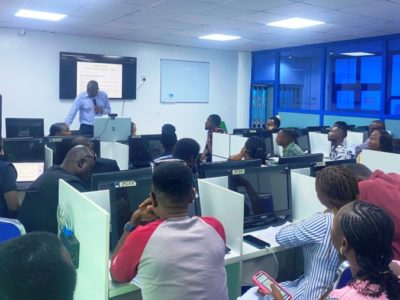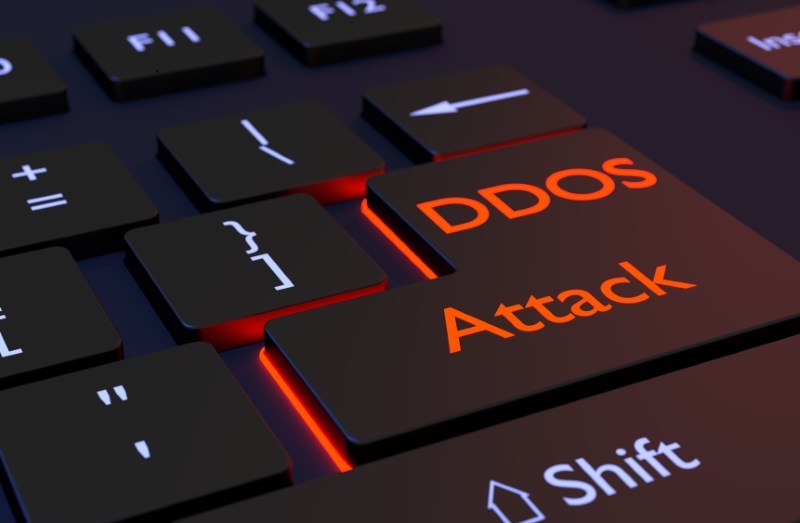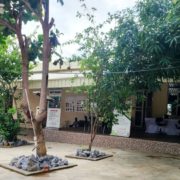By Marozoka Oruame
Nigeria’s technology space is set to gain momentum as licensed operators rollout 5G services. But there are fears that consumers’ weak purchasing power may wipe out optimism of fast uptake.
“Inflation and shrinking consumers’ income may hamper ability of large number of consumers to leverage the new 5G services. It is not just about acquiring 5G terminals but staying put on 5G network to experience the full offerings of emerging technologies,” said telecom specialist, Michael Adekunle in Lagos.
RELATED AfricaNXT 2022: NCC Highlights Benefits Of 5G To National Development
“5G service Cost and consumers’ income will definitely be an issue. The entry cost for 2G or even 4G is well below the entry cost for 5G services and many consumers will simply have to stick to their older services,” said telecom analyst, Abdullahi Bako in Abuja.
Operators are bidding their time and working round a phased rollout of 5G services to allow steady sign-on to 5G in order to build the required critical mass to offset cost of deployment.
“Market optimism is high. Projections are not so negative but caution is still required,” said one senior official of MTN in Lagos to IT Edge News.
MTN Nigeria Plc and Mafab Nigeria Communications Limited won the Nigeria 5G license in December 2021. They are expected to begin to rollout in Q2, 2022.
To go by the records of the Nigerian Communications Commission (NCC), active internet and data connections as at 2022 hover around 140.1 million while mobile lines stand at above 193.2 million.
But these are largely 2.5G and 4G connections to underscore both a lower entry cost, including acquisition and replacement of mobile devices/terminals and regularly subscriptions.
“5G is premium and requires a higher financial commitment from consumers who in the last five years or so have been beaten by a mix of factors that include rising inflation and reduced personal income,” said another expert, Idowu Lukman in Lagos.
According to Global System for Mobile Association (GSMA), acquisition of entry-level Internet-enabled handsets takes a good chunk of financial budgets of most homes in Nigeria and rest of sub-Saharan Africa.




























